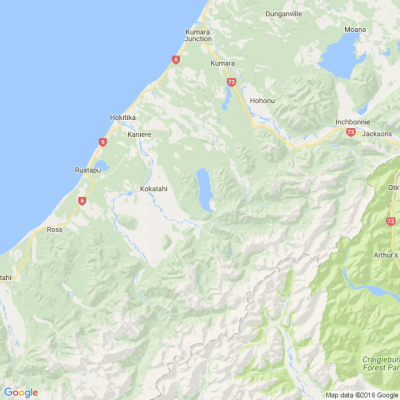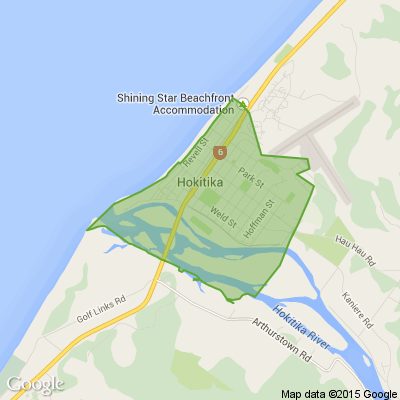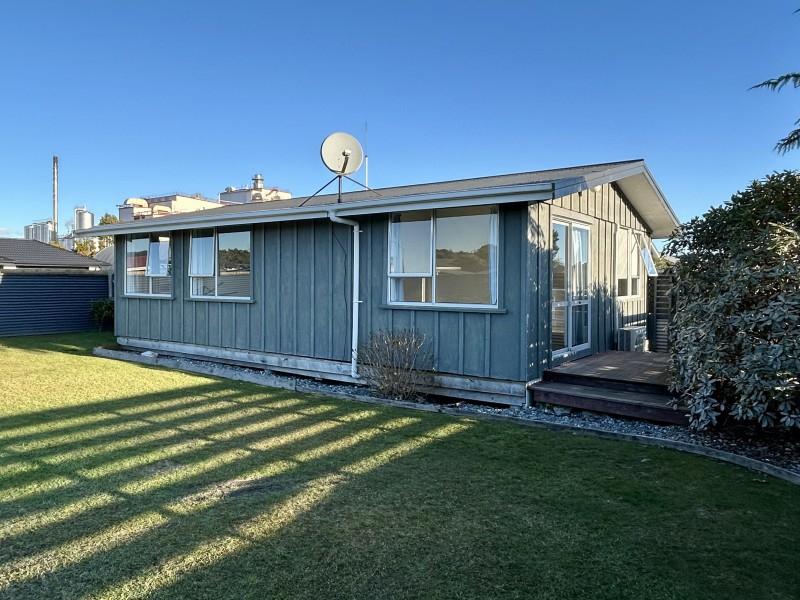Regional council posts near $17m surplus in ‘turbulent year’
From local democracy reporter Brendon McMahon:
The West Coast Regional Council has posted "an unexpectedly large" surplus of $16.6 million in its delayed 2020-21 annual report.
The draft, cleared by Audit NZ, will be tabled on Tuesday at the audit and risk committee meeting, and is expected to be formally adopted next month.
The report is late due to Covid-related constraints on the auditing process. The reporting time was relaxed nationally through a law change for a large number of affected local authorities.
Chairman Allan Birchfield described 2020-21 as a "turbulent year" as the long-term impacts of Covid were felt throughout the region.
Revenue was greater than budgeted by $17.4m, mainly due to the transfer of the Greymouth floodwall assets from the Grey District Council to the regional council. The floodwall has since been valued at $15.6m.
The addition of the floodwall increased the infrastructure asset base to $103.7m, and dominated the council's balance sheet.
Subsidies and grants were $1.1m more than budgeted because of higher than expected funding from the Government for infrastructure projects.
Investment income was up $679,000 because of better than expected returns on investments.
Expenditure was up $809,000, mainly due to unforeseen spending on infrastructure. In particular, $452,000 was spent on modelling for the Westport flood warning forecast, part of the requirements for the proposed flood protection scheme.
In the year to June 30 last year, part-year remuneration for then chief executive Vin Smith totalled $168,115 (2019-20 it was $255,729).
Mr Smith left during July 2021, and therefore any related severance pay will not be disclosed until next year's annual plan.
Total costs for the council's 73 staff was $6.5m (75 staff and $5.8m the previous year).
Elected representative costs were $409,454 (2019-2020 $372,718).
Three staff members earned between $160,000 and $280,000. The council also had eight staff receiving between $100,000 and $159,999; the previous year it had six in that pay bracket.
Current chief executive Heather Mabin said 'governance' costs of $642,152 were over-budget by $220,149.
Ms Mabin said that reflected increased costs of finalising the 10-year long-term plan.
The increased governance cost was predominantly audit fees, she said.
Birchfield said the council was successful in receiving $900,000 in 2020-21 to fund flood resilience projects in the Hokitika, Greymouth and Westport rating districts.
The Summer Kiwi Quiz is back by popular demand
Grab a copy of your local Stuff newspaper between 1 Jan - 28 Jan and participate in the Summer Kiwi Quiz! Test your knowledge, answer the daily New Zealand based questions, and find out how well you know our beautiful country!
Each correct answer will get you one entry into the draw to WIN 1 of 5 Ooni Karu 2 Portable Pizza Oven bundles, valued at $1024! Each bundle includes: an Ooni Karu 2 Multi-Fuel Portable Pizza Oven, Ooni Karu 2 Carry Cover, Ooni 12" Perforated Peel, Ooni Digital Infrared Thermometer and an Ooni Cookbook: Cooking with Ooni. The more answers you enter correctly, the higher your chance of winning. For more information and to submit your answers, click here
The Team at Stuff

Scam Alert: Fake information regarding December Bonuses from MSD
The Ministry of Social Development is reporting that fake information is circulating about new ‘December bonuses’ or ‘benefit increases’
If you get suspicious communication, please contact Netsafe.








 Loading…
Loading…




